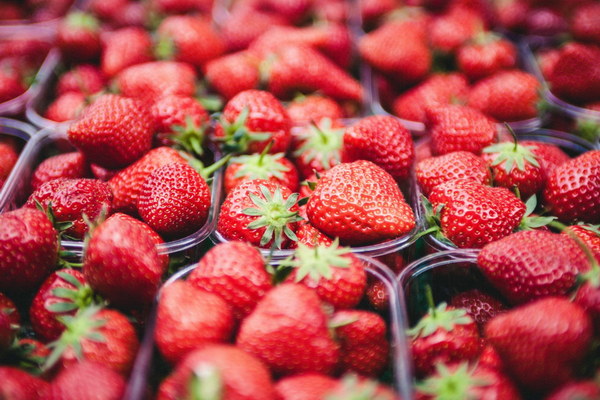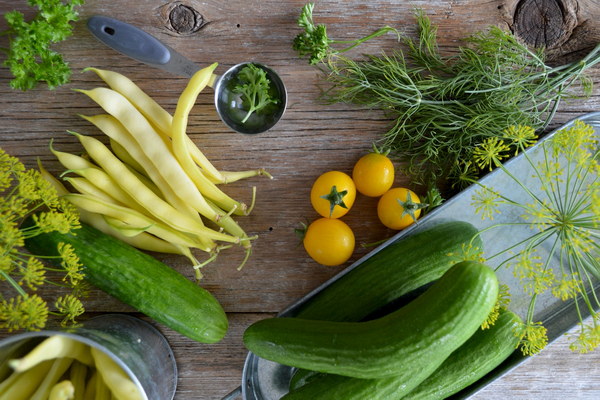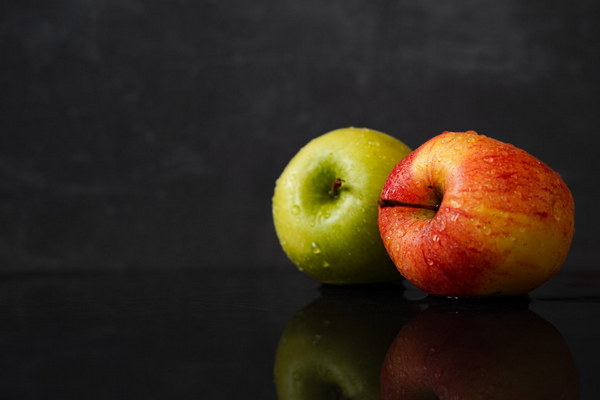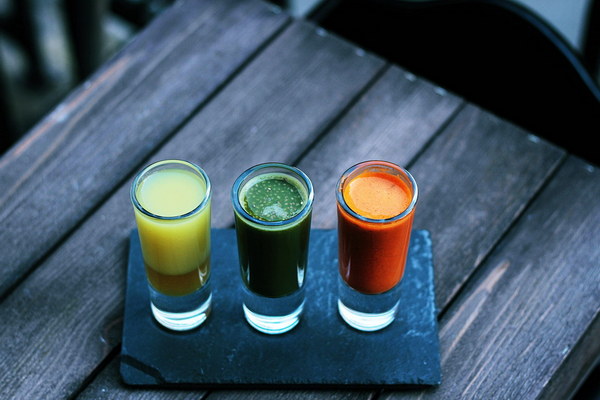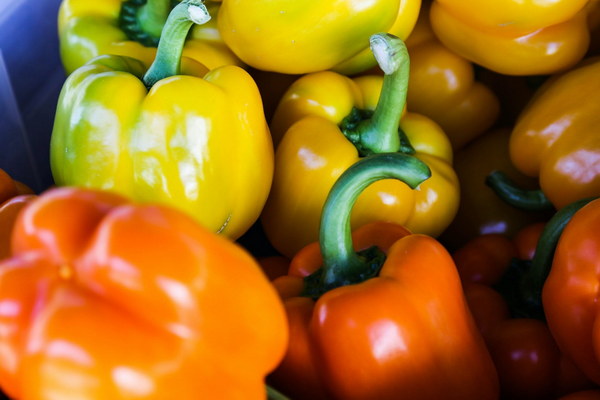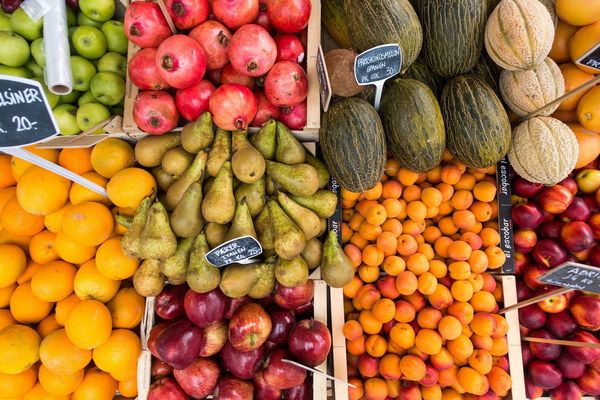Beat Acne and Dampness What to Eat for a Clear and Balanced complexion
Introduction:
Acne and dampness can be a pesky duo when it comes to skin issues. Both conditions can lead to an uncomfortable and unsightly complexion. The good news is that your diet plays a significant role in tackling these problems. By incorporating the right foods into your eating plan, you can nourish your skin from the inside out and achieve a clearer, more balanced complexion. Here's a guide to what to eat for acne and dampness.
1. Hydrating Foods:
Staying hydrated is crucial for healthy skin. Water-rich foods can help flush out toxins and keep your skin plump and hydrated. Include the following in your diet:
- Watermelon: High in water content, it helps to hydrate your skin and reduce puffiness.
- Cucumbers: Another hydrating veggie that can soothe and refresh your skin.
- Celery: A crunchy, low-calorie snack that helps to keep your skin hydrated.
2. Antioxidant-Rich Foods:
Free radicals can damage your skin cells and contribute to acne and dampness. Foods packed with antioxidants can help neutralize these harmful agents. Try adding:
- Berries: Blueberries, strawberries, raspberries, and blackberries are loaded with antioxidants.
- Leafy Greens: Spinach, kale, and Swiss chard are great sources of antioxidants, vitamins, and minerals.
- Beets: Rich in betalains, which have anti-inflammatory properties.
3. Probiotic Foods:
A healthy gut can lead to healthier skin. Probiotic-rich foods can help maintain a balanced gut flora, which may reduce acne and dampness. Consider including:
- Yogurt: Opt for plain, unsweetened yogurt with live cultures.
- Kefir: A fermented milk drink that's rich in probiotics.
- Sauerkraut: This fermented cabbage dish is packed with beneficial bacteria.
4. Anti-Inflammatory Foods:
Inflammation can exacerbate acne and dampness. Foods with anti-inflammatory properties can help calm your skin and reduce redness. Incorporate these into your meals:
- Turmeric: This spice contains curcumin, a powerful anti-inflammatory compound.
- Walnuts: A great source of omega-3 fatty acids, which have anti-inflammatory benefits.
- Berries: Again, berries are not only high in antioxidants but also have anti-inflammatory properties.
5. Foods High in Selenium:
Selenium is a mineral that can help regulate oil production and reduce acne. Foods high in selenium include:
- Brazil nuts: Just a few Brazil nuts per day can provide your recommended daily intake of selenium.
- Fish: Salmon, mackerel, and sardines are excellent sources of selenium.
- Chicken: Selenium can also be found in lean poultry.
6. Foods High in B-Vitamins:
B-vitamins, particularly B5 (pantothenic acid) and B6 (pyridoxine), can help reduce acne and dampness. Foods rich in B-vitamins include:
- Avocado: A creamy fruit that's full of B-vitamins.
- Legumes: Beans, lentils, and chickpeas are good sources of B-vitamins.
- Nuts and Seeds: Almonds, sunflower seeds, and chia seeds are rich in B-vitamins.
7. Herbs and Spices:
Certain herbs and spices can help reduce inflammation and support skin health. Add these to your cooking:
- Ginger: A root that has anti-inflammatory properties and can aid in digestion.
- Garlic: This flavorful bulb has antibacterial and antifungal properties that may help combat acne.

- Cinnamon: It can help regulate blood sugar levels, which may contribute to improved skin health.
Conclusion:
By focusing on a diet that includes a variety of the above-mentioned foods, you can address both acne and dampness from the inside out. Remember, while diet is a significant factor, it's also important to maintain a consistent skincare routine and address any underlying causes of your skin issues. Consult with a healthcare professional or a dermatologist for personalized advice and treatment plans. With the right diet and skincare routine, you can achieve a clearer, more balanced complexion.
